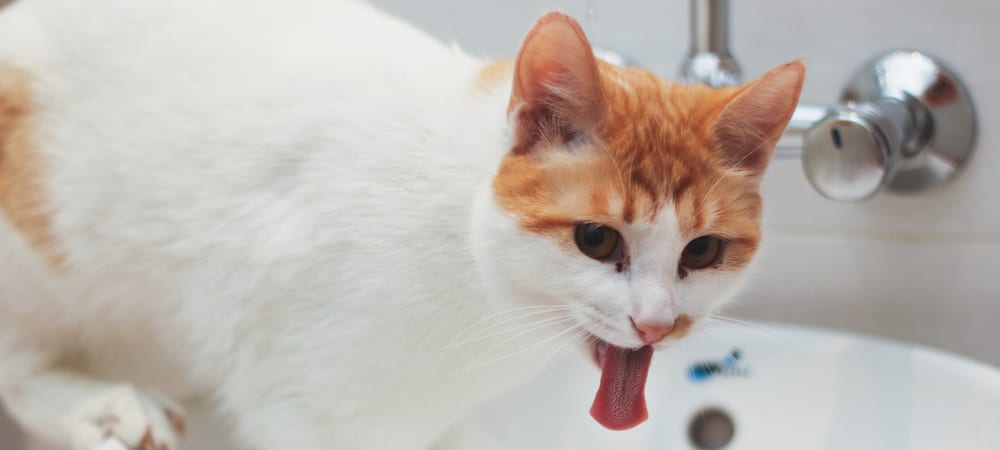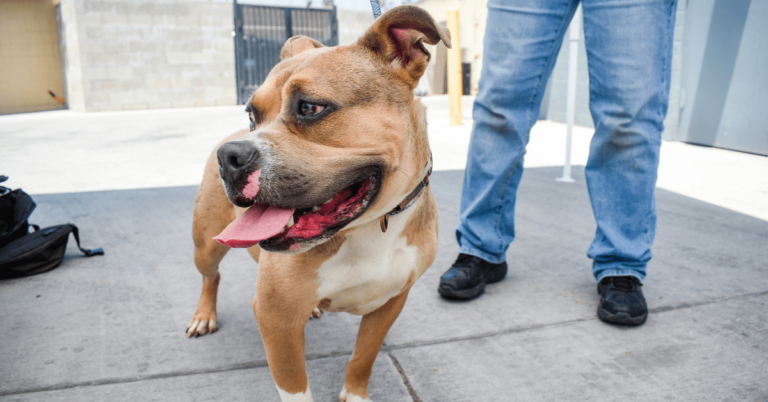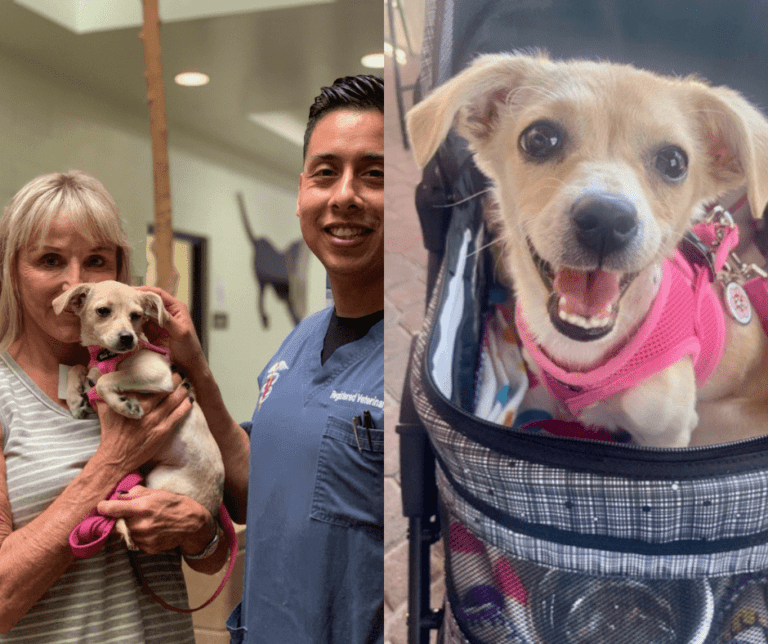5 Things You Didn’t Know Are Poisonous to Pets

By now you probably already know that chocolate and household cleaners are poisonous to pets. However, there are several lesser-known foods, plants and other substances that are also toxic. Here are five things you didn’t know are poisonous to pets!
Avocado
While avocado is a favorite superfood for humans, it should be kept away from our four-legged friends. Avocados contain persin, a fungicidal toxin which can cause health issues and death. Avocado fruit, pits, leaves and plants all contain persin so pets can’t eat any part of the fruit. What amount of persin is required to make your animal sick isn’t known, so it’s best not to let your pet ingest any at all. However, large amounts of persin can cause pancreatitis, diarrhea, vomiting and myocardial damage. You should also watch out for the pits as pets can choke on them!
Lilies
A common household plant that unfortunately isn’t good for our pets is the lily. Both the flowers and leaves are toxic and can result in a number of health problems if ingested. Even eating just a small part of the plant can have severe side effects. Cats who eat lilies can experience liver failure, depression, dehydration, diarrhea, anorexia or even death if left untreated.
Essential Oils
Essential oils are a favorite all-natural health remedy used by tons of people, but unfortunately many of these oils aren’t good for pets. Essential oil poisoning can also be airborne, so even just using a diffuser or warming device around your animals can be problematic. Some oils are harmless to pets, while others such as wintergreen, pine, and lavender, can cause health issues. Ask your veterinarian before using any essential oils in your home. Symptoms of oil poisoning in pets include the smell of essential oils on the fur, skin, breath or vomit, difficulty breathing, fatigue, weakness, muscle tremors, stumbling, pawing at the mouth or face, vomiting and redness or burns on the lips, skin, tongue or gums.
Garlic and Onions
Cats and dogs should also never consume onions, garlic or any other allium such as leeks, scallions or shallots. Alliums (plants in the onion family) all contain a toxic substance called N-propyl disulfide. While harmless in humans, it causes a breakdown of red blood cells in pets which in turn can cause anemia. N-propyl disulfide is in the flesh, leaves, juice and processed powders of onions, so no part of the plant should be fed to your pets.
Sugar-Free Gum and Candy
A number of sugar-free foods, toothpastes and mouthwashes contain a 5-carbon sugar alcohol called xylitol. This substance is used as a sweetener and needs to be kept from pets. When ingested by dogs, it can cause fatigue, liver failure, vomiting, seizures and a loss of coordination. It can also result in dark red specks or splotches on the gums.
If your pet ingests any of these items, call your veterinarian immediately. Only they can advise you on the best treatment! Depending on your pet’s size and the amount of the substance they ate, your vet may or may not recommend that you induce vomiting. It’s also possible that you’ll have to take your pet into see the vet in person.


